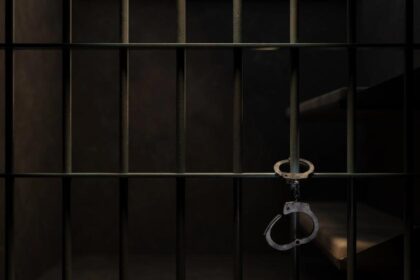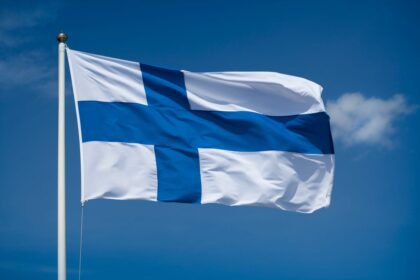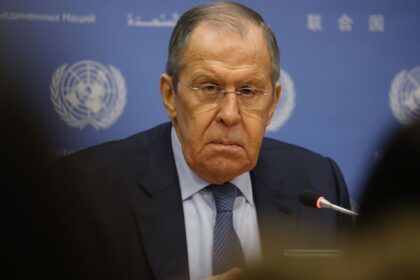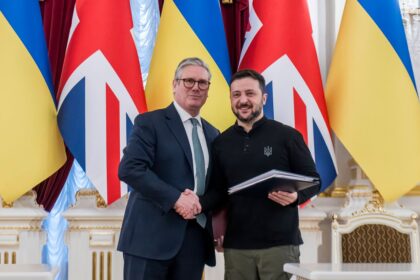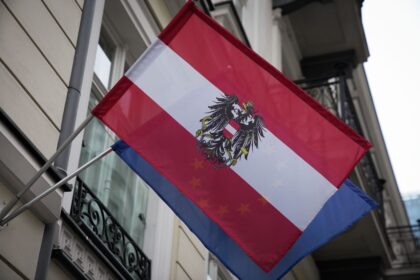**Europe’s Reliance on Russian Energy: A Gradual Change, Not a Break**
The European Union has been working to reduce its dependence on Russian energy sources, but it still has a long way to go. Despite significant progress in reducing imports from Russia, the EU paid Moscow €23 billion for energy in 2024 alone. This amount is more than double the financial aid received by Ukraine under the EU’s Ukraine Facility.
The numbers tell a story of gradual change, rather than a complete break from Russian energy. Before 2022, half of all coal imported into the EU came from Russia. Today, that number has dropped to zero. Similarly, the share of Russian oil in EU imports has declined from 27% to just 3%, and gas from 45% to 13%. These reductions are a welcome step towards reducing Russia’s influence over Europe’s energy market.
**A Plan to Phase Out Russian Energy**
The European Commission has set ambitious targets for phasing out Russian energy sources. By 2027, the EU aims to eliminate Russian gas entirely, and all other Russian energy sources by 2030. To achieve this, member states must submit plans this year outlining their strategies for gradually cutting ties with Russian energy dependence.
**No Return to the Nord Stream Pipeline**
In a significant shift, the European Commission has effectively ruled out the possibility of ever using the Nord Stream pipeline to import Russian gas again. This move reflects the EU’s determination to sever all ties with Russia’s energy sector.
**Cracking Down on “Shadow Oil”**
The EU is also taking steps to tackle the problem of “shadow oil,” which evades sanctions and continues to reach European markets through clandestine shipping schemes. By stepping up efforts to monitor and disrupt these grey maritime operations, the EU aims to prevent Russian oil from bypassing sanctions and reaching its markets.
**Commentary: A Slow but Steady Progress**
While Europe’s progress in reducing its dependence on Russian energy is welcome, it’s essential to acknowledge that this shift will not happen overnight. Russia continues to reap billions of euros from these remaining energy imports, which are converted into military resources every day.
The EU’s efforts to crack down on “shadow oil” and phase out Russian energy sources by 2030 demonstrate a commitment to breaking free from Moscow’s influence. However, the pace of this change must be accelerated to prevent Russia from exploiting any loopholes or delaying tactics.
Read More @ euromaidanpress.com





